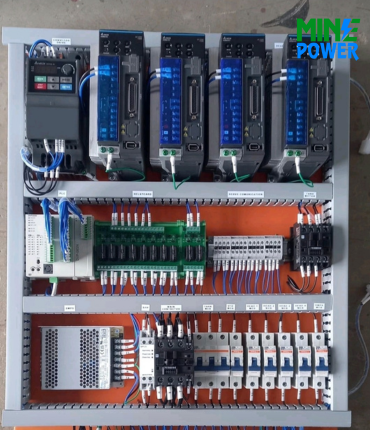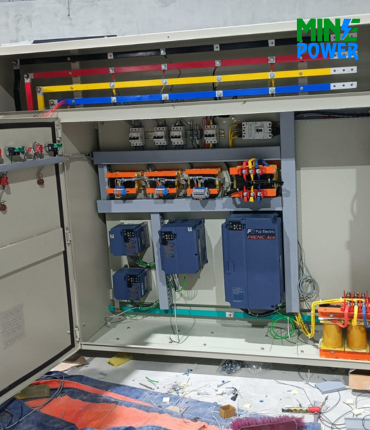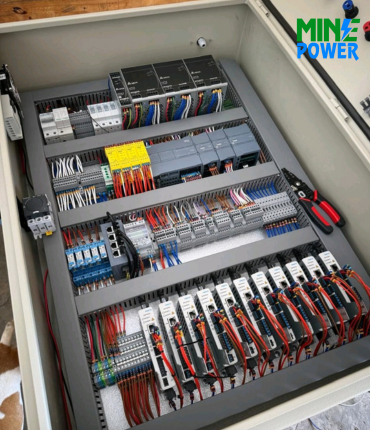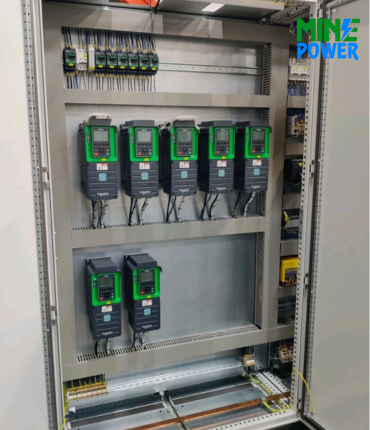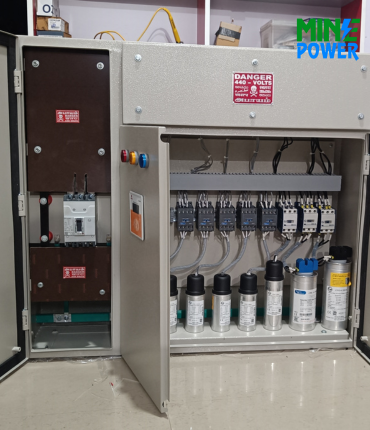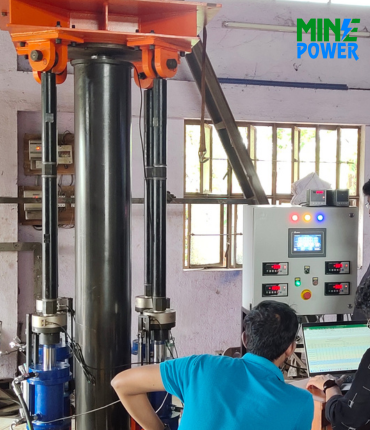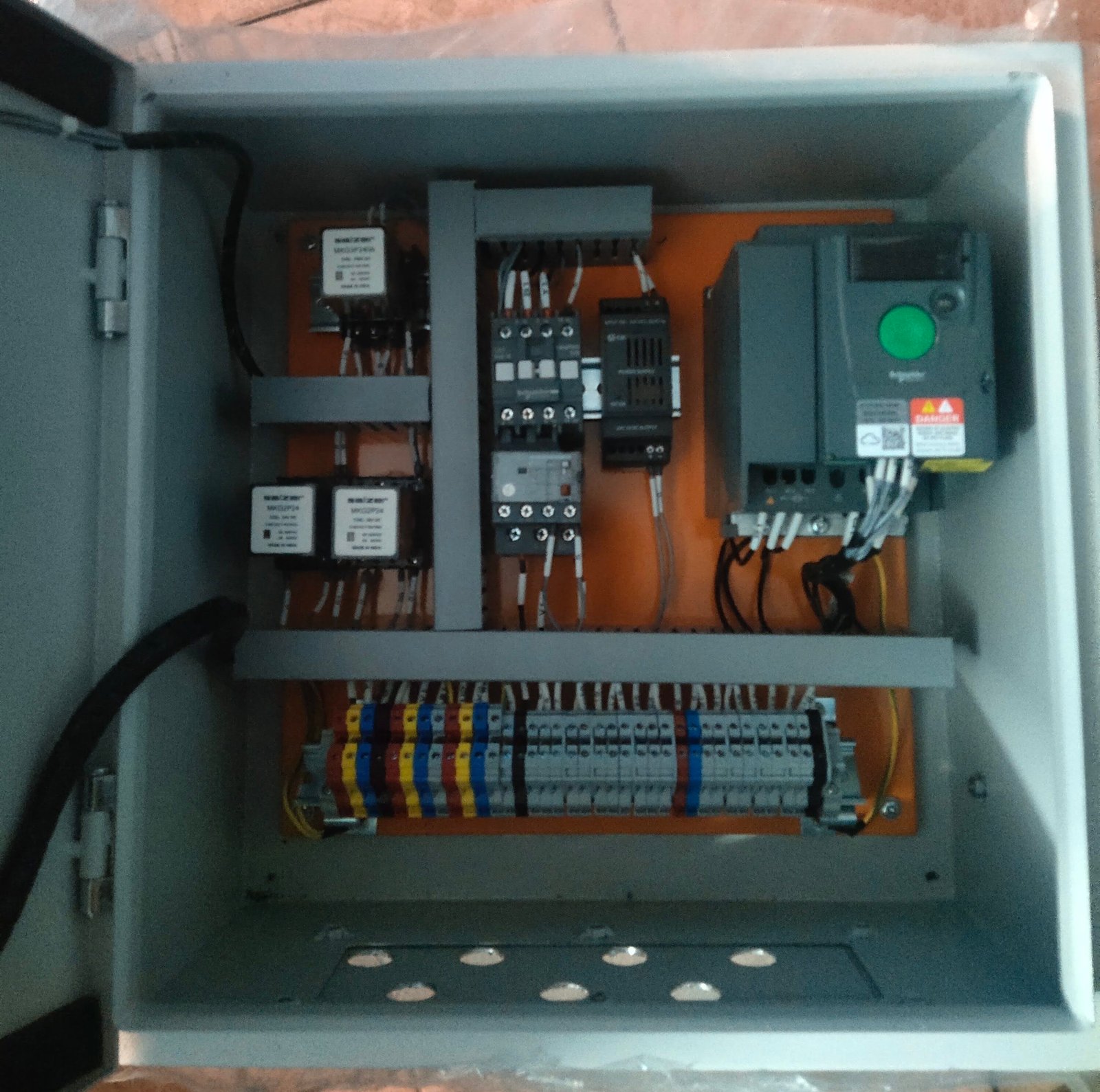A Network Gateway is a smart communication device that connects different networks, enabling seamless data exchange and secure communication. Designed for IoT, industrial automation, and enterprise systems, it supports multiple protocols, provides firewall and VPN security, and allows remote management through cloud or web interfaces. With advanced features like edge computing and protocol conversion, network gateways ensure reliable, scalable, and future-ready connectivity.
Description
A Network Gateway is a hardware or software device that acts as a bridge between two different networks, enabling communication and data exchange. It translates protocols, manages traffic, and provides security while connecting devices across local, wide-area, or cloud networks. In industrial automation, IoT, and enterprise IT systems, gateways play a vital role in ensuring seamless connectivity, data management, and system integration.
Specifications
-
Type: Hardware / Virtual / Cloud-based Gateway
-
Interfaces: Ethernet, Wi-Fi, Cellular (4G/5G), Serial (RS232/RS485), USB
-
Protocols Supported: TCP/IP, MQTT, Modbus, OPC UA, BACnet, HTTP/HTTPS, SNMP
-
Security Features: Firewall, VPN, TLS/SSL encryption, user authentication
-
Power Supply: 9–36V DC (for industrial models)
-
Mounting: DIN rail / Rack / Desktop
-
Management: Web-based UI, cloud management, or mobile app support
Applications
-
Industrial automation and SCADA systems
-
IoT and smart home/industry solutions
-
Cloud data integration for analytics and monitoring
-
Connecting legacy devices with modern networks
-
Secure remote access and device management
-
Building management systems (BMS) and energy monitoring
Advantages
Protocol Conversion: Seamlessly translates between different communication protocols.
-
Secure Connectivity: Provides firewall, VPN, and encryption for data protection.
-
Remote Management: Supports cloud access, mobile apps, and web interfaces.
-
Scalability: Connects multiple devices across LAN, WAN, or cloud networks.
-
Edge Computing Support: Some gateways offer local processing before sending data to the cloud.
-
High Reliability: Industrial-grade designs with wide temperature range and surge protection.
-
Future-Proof: Supports emerging technologies like 5G, MQTT, and IoT platforms.
-
Disadvantages
-
Can be costly for industrial-grade models
-
Requires configuration and skilled management
-
Security risks if not updated or managed properly




